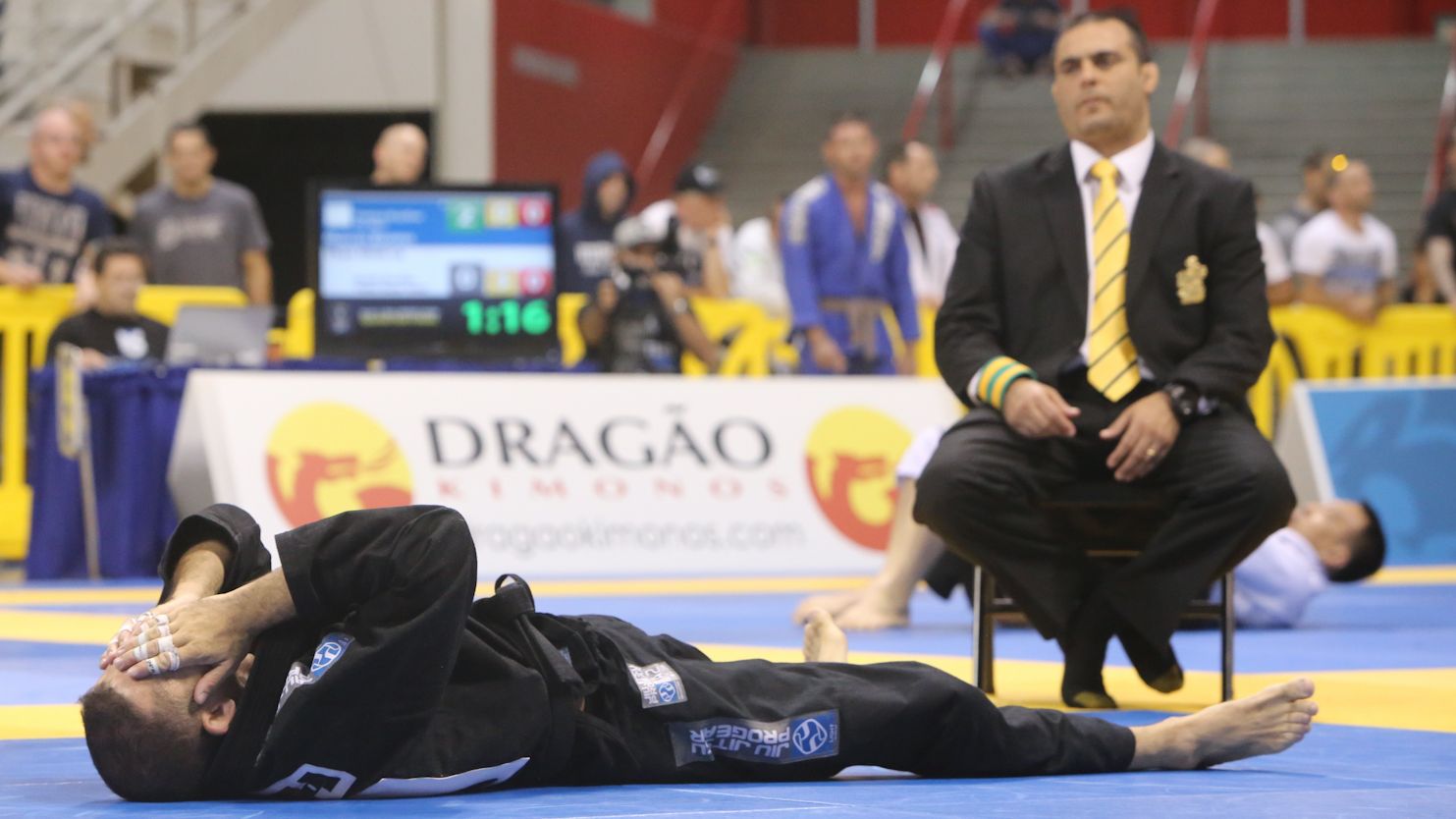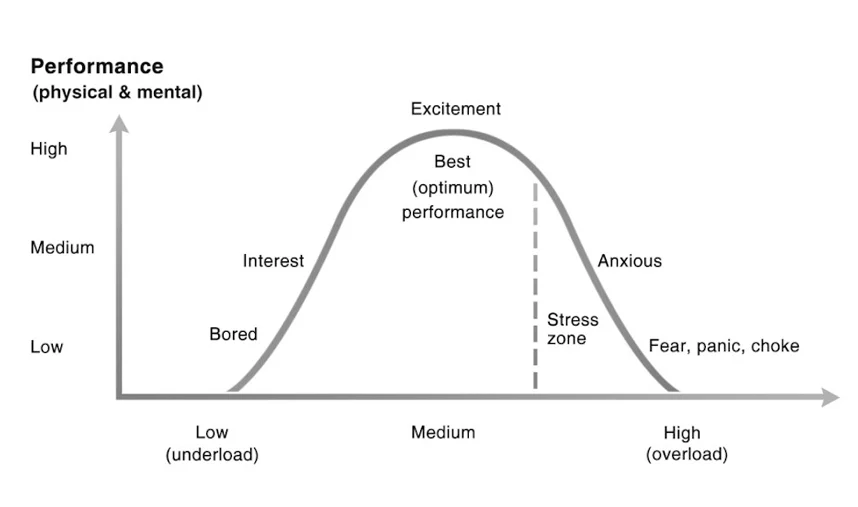The Stress Process and Its Impact on Performance
May 16, 2024
In combat sports, stress is an inevitable part of the game. The high stakes and physical demands can easily trigger stress responses. How you handle it can make or break your performance. By understanding the stress process, you can learn to manage your reactions better. Let’s explore the stress process and how it affects your performance in the ring, on the mat, or in the cage.
The Stress Process
Stress involves four main stages. First is the Environmental Demand, which is the challenge you face, like a competition or a tough training session. This demand can be physical, such as lifting a heavy weight, or psychological, like meeting a set expectation or outcome. Recognizing the demands placed on you is the first step to managing your stress response effectively.
Next is the Perception of Demand, which is how you see this challenge. If you naturally have high anxiety, you might view the challenge as more threatening. Your perception can amplify or reduce the stress you feel. Learning to reframe your perception of demands can help you manage stress more effectively.
The third stage is the Stress Response. If you think you can’t handle the challenge, you might feel physical symptoms like a fast heartbeat and mental ones like worry. These responses are your body’s way of preparing to deal with the challenge. Understanding your stress response can help you develop strategies to calm your mind and body.
Finally, the Behavioral Consequences are how you react to the stress. Do you perform better because you see it as a challenge, or worse because you feel overwhelmed? Your reaction can significantly impact your performance. By managing your stress response, you can improve how you handle pressure during competitions.
How Stress Affects Your Performance
Imagine arousal as a scale from one to ten, where one is completely relaxed and ten is panicking. Your performance improves as arousal increases up to a point, but too much arousal can hurt performance. Finding your optimal arousal level is crucial for peak performance.
Drive Theory suggests that more arousal can lead to better performance. This theory works well for simple tasks, but it’s not always accurate for complex tasks. The Inverted-U Hypothesis says there’s a sweet spot for arousal—too little makes you sluggish, too much makes you overwhelmed. This balance is crucial for performing at your best.

Understanding your personal arousal level can help you prepare for competitions more effectively. By finding your sweet spot, you can maintain the right amount of arousal to stay focused and perform well. Learning to adjust your arousal levels can give you an edge over your competition.
Understanding the stress process and how it affects your performance is crucial. By breaking down the stages of stress, you can better manage your reactions and improve your performance. In our next post, we’ll dive deeper into finding your personal best arousal level and how to manage it effectively. Stay tuned for more tips on mastering your stress levels and excelling in combat sports.
Get your FREE guide on setting intentions for competition!
Learn how to set clear and powerful intentions to arrive matside authentically.
Click on the button below to enter your email and receive your free guide to take the first step towards mastering your mental game.

